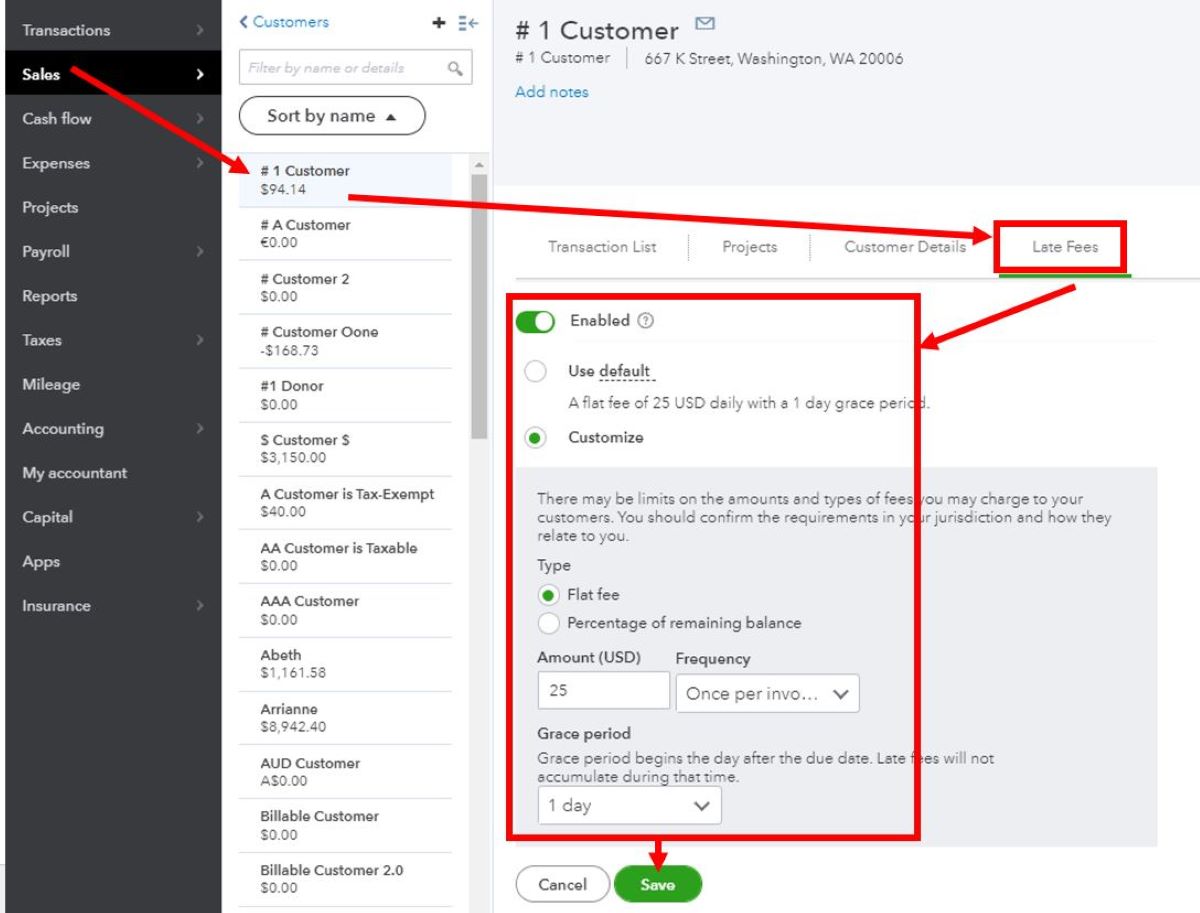

Finance
Current Income Definition
Published: November 6, 2023
Learn the current income definition and gain insights into financial matters with our comprehensive finance resources.
(Many of the links in this article redirect to a specific reviewed product. Your purchase of these products through affiliate links helps to generate commission for LiveWell, at no extra cost. Learn more)
Understanding Current Income: A Comprehensive Guide
When it comes to managing your finances, understanding the different types of income is essential. One such type is current income. In this article, we will delve into the current income definition and explore its relevance in personal finance. So, let’s get started!
Key Takeaways:
- Current income refers to the money you receive from your employment or investments on a regular basis.
- It is essential to distinguish between current income and other types of income, such as passive or capital gains, as they have different implications for financial planning.
In simple terms, current income can be defined as the money you earn or receive within a particular period. This category of income is typically associated with your employment or investments that generate regular returns. Current income plays a significant role in your day-to-day financial stability as it covers your basic expenses and provides the means to meet your financial goals.
Here are a few key points to understand about current income:
- Source of Income: Current income primarily comes from your job or business activities. It includes salaries, wages, and bonuses if applicable. It can also include rental income, interest from investments, or dividends from stocks and other securities.
- Frequency: Current income is typically received at regular intervals. For employees, it is usually a monthly paycheck, while for self-employed individuals, it can vary depending on their business cycles or invoicing schedules.
- Stability: The stability of current income can vary. For salaried employees, the income is relatively stable, whereas those who rely on commissions or freelance work might experience fluctuations in their income.
- Tax Considerations: Current income is generally subject to income tax. The tax rates and deductions applicable to your current income can depend on your jurisdiction and the specific laws in place.
Understanding your current income is essential for effective financial planning. By knowing how much money you have coming in regularly, you can make better decisions on budgeting, saving, investing, and debt management. It helps you gain a clear picture of your financial situation and enables you to set realistic goals for your future.
Overall, current income forms the backbone of your day-to-day financial activities. It supports your living expenses, allows you to save for emergencies, and helps you build wealth over time. By taking a proactive approach to optimize and manage your current income efficiently, you can pave the way for a more secure financial future.
We hope this article has provided you with a comprehensive understanding of the current income definition and its importance in personal finance. Remember to analyze your specific circumstances and consult with a financial advisor or accountant for personalized advice tailored to your situation.














